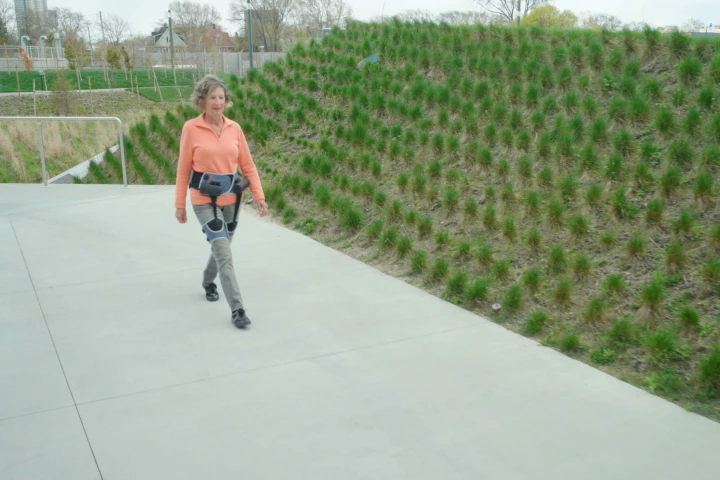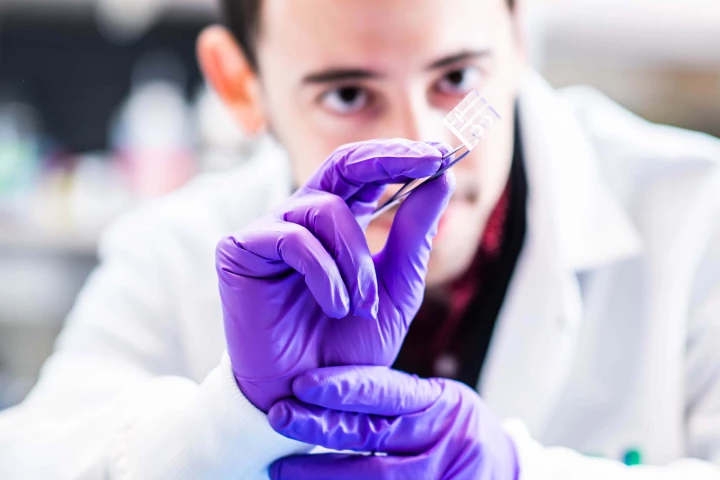Boston University
-
Timber construction is booming in the USA and the latest major project to showcase this trend comes from Diller Scofidio + Renfro. The prestigious firm has designed a new wooden college tower that will rise to a height of 186 ft.
-
Earth’s seasons change as we orbit the Sun – but can the climate also be affected by the solar system’s changing position in the Milky Way? A new study suggests an ice age about two million years ago may have been triggered by an interstellar winter.
-
Researchers have identified an accurate ‘signature’ that may signal a person’s risk of dementia five to 10 years before symptoms appear. The biomarker could provide an early diagnosis, allowing therapeutic interventions to slow the disease’s progress.
-
People with Parkinson's disease often develop a problem known as "gait freeze," in which their legs simply stop stepping forward as they're walking. A new exoskeleton, however, has proven to be very effective at keeping such individuals' legs going.
-
As a less invasive alternative to open-heart surgery, cardiac surgeons are increasingly accessing the heart from within using central venous catheters. An experimental new catheter could soon make such procedures quicker and easier than ever before.
-
Not only are colonoscopies invasive and uncomfortable, they may also miss gut-problem-related biomarkers that are only present in the body for a short time. A new "smart pill" is designed to address such shortcomings, using live light-up bacteria.
-
Parkinson’s disease is growing rapidly, which makes its early detection so important. Researchers have developed a new machine-learning algorithm than analyzes metabolites and shows promise as a way of detecting the disease early.
-
When conducting cardiac research, it would be ideal if experiments could be performed on actual living human hearts. Scientists have developed what may be the next-best thing, in the form of a tiny mechanical heart powered by real cardiac cells.
-
In 2017, researchers demonstrated a soft robotic exosuit designed to help stroke patients improve their mobility. Now an untethered version of the lightweight ankle-assisting device has been shown to increase walking speed and distance.
-
While it's good that there are plastics which biodegrade, the glue used to join pieces of those or other materials together isn't as eco-friendly. Scientists have set about addressing that problem, however, by developing a biodegradable adhesive.
-
MRI is a great tool for diagnosing disease, but it can be costly and cumbersome. Now, engineers at Boston University have developed a new device, small enough for a patient to wear inside the machine, that could boost the signal and provide higher-resolution images at lower magnetic strengths.
-
A new study conducted by scientists at Boston University has outlined a non-invasive brain stimulation technique that was able to restore working memory in 70-year-old subjects, so much so they functioned like a healthy 20-year-old.
Load More











